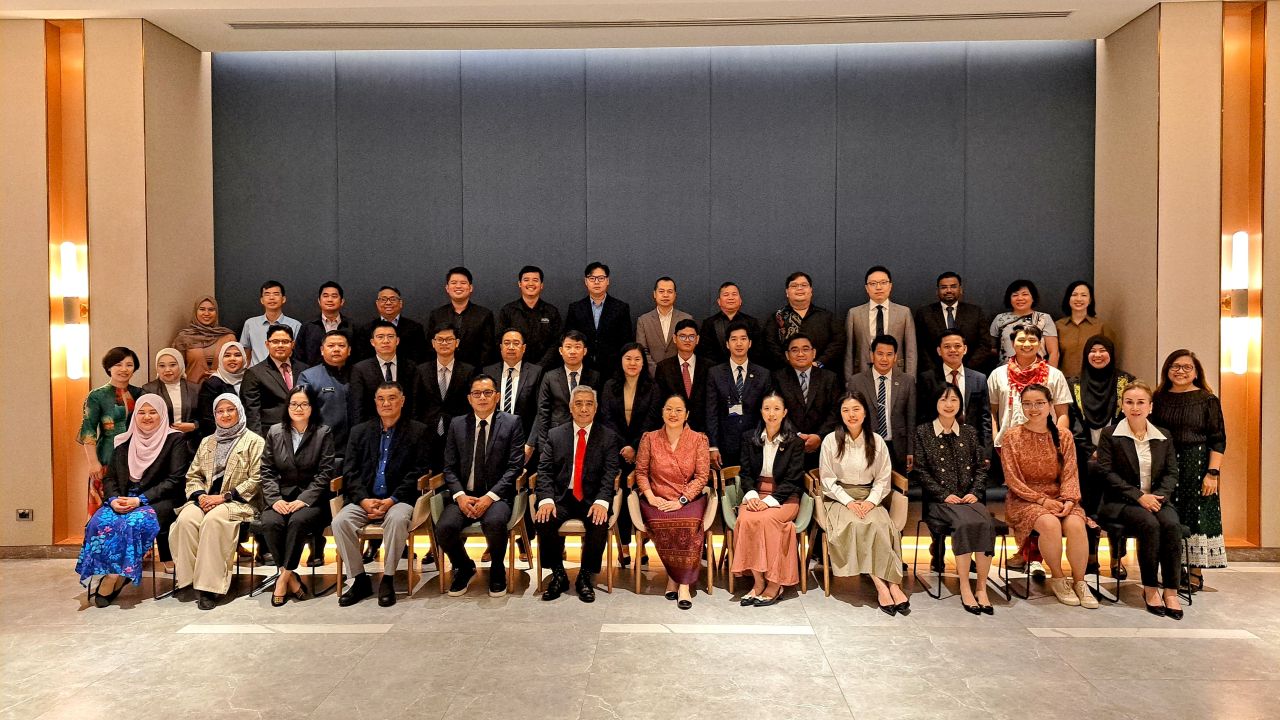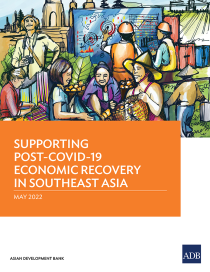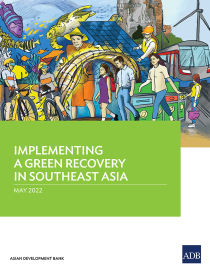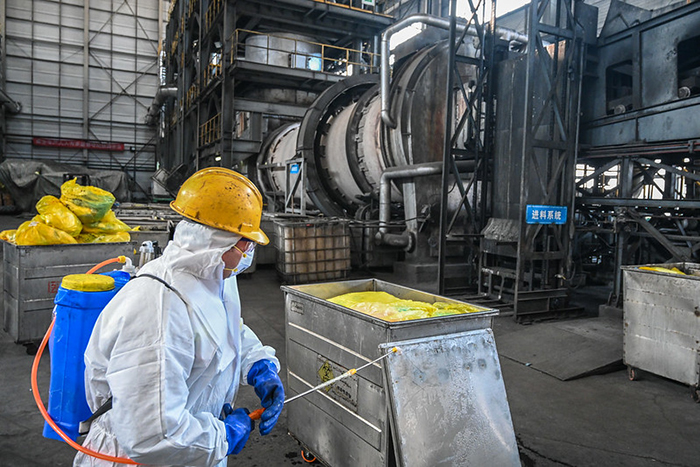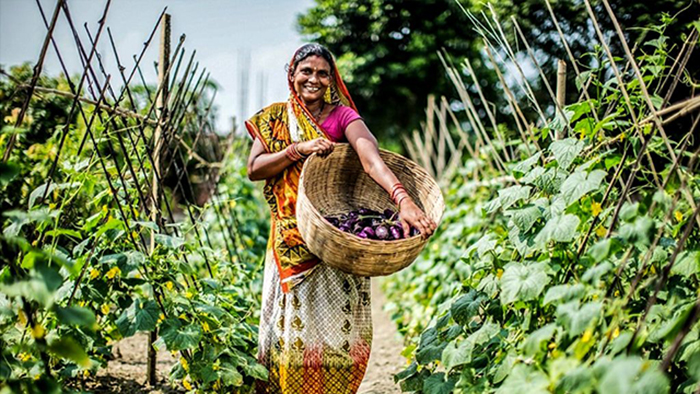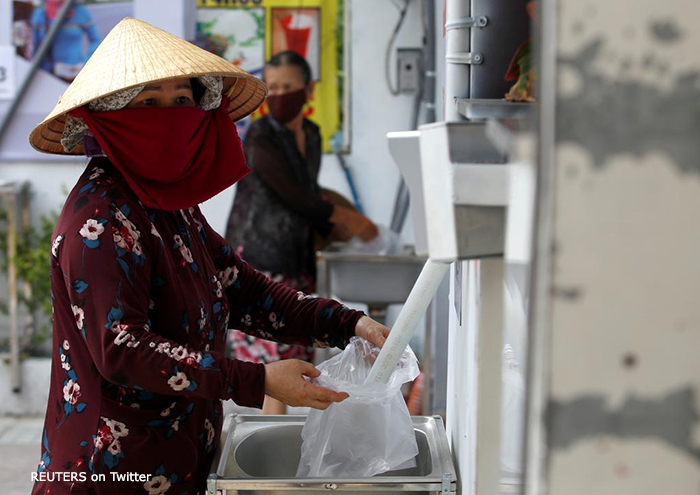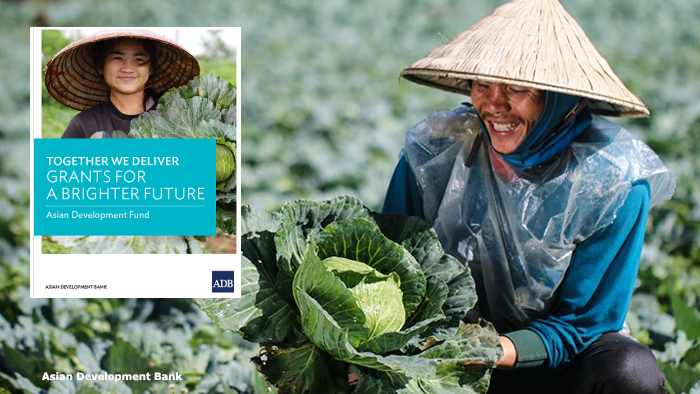Honing Project Management Skills to Achieve Development Goals
Thirty-nine government officials and specialists joined this year’s Regional Training in Project Management organized by the Asian Development Bank (ADB) in Bangkok from 5 to 9 May. The training program is designed to support the Brunei Darussalam–Indonesia–Malaysia–Philippines East ASEAN Growth Area (BIMP-EAGA), Indonesia–Malaysia–Thailand Growth Triangle (IMT-GT), and the Greater Mekong Subregion (GMS) in project planning and implementation. It fosters a results-based project management approach that aligns projects to sector strategies.

